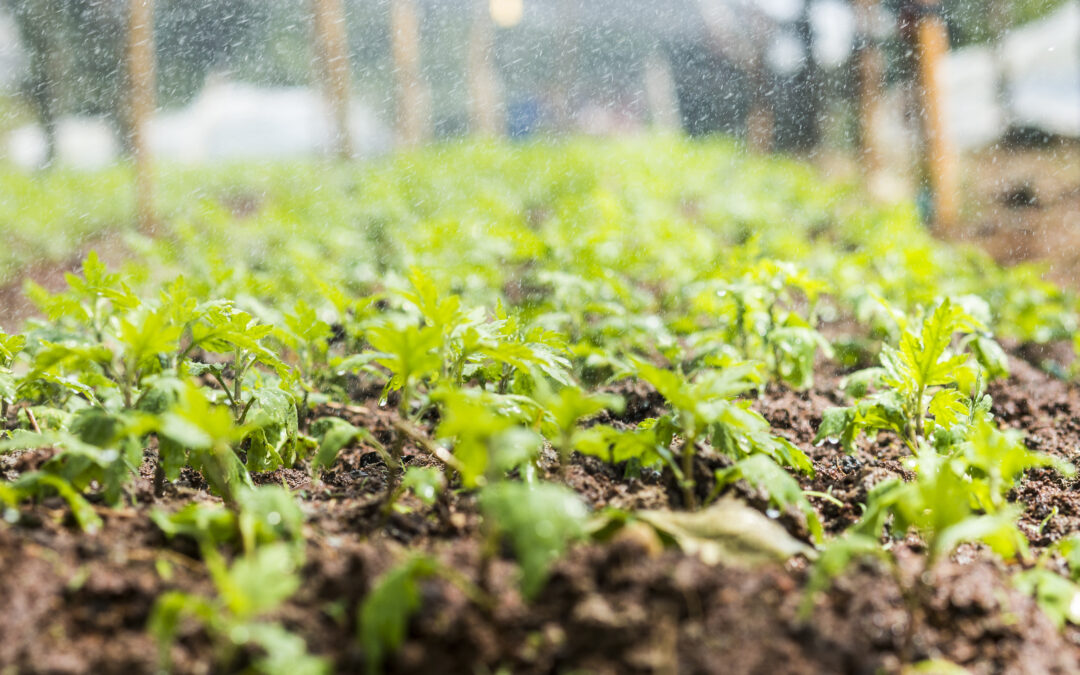Welcome to the world of organic gardening! Whether you’re a seasoned gardener or just starting out, there are always new tips and tricks to learn that can help make your garden flourish. In this article, we will cover everything from preparing your soil to maintaining your garden, so let’s get started!
Introduction to Organic Gardening:
Organic gardening is a method of growing plants without using synthetic fertilizers or pesticides. Instead, it relies on natural methods such as composting, crop rotation, and companion planting to keep plants healthy and thriving. By choosing organic gardening, you not only reduce your environmental impact but also ensure that your produce is free from harmful chemicals.
The Benefits of Going Organic:
There are many benefits to choosing organic gardening over traditional gardening methods. Firstly, by using natural methods, you create a more sustainable system that works with nature rather than against it. This means that your garden will be better equipped to deal with pests and diseases, reducing the need for harsh chemicals. Additionally, organically grown fruits and vegetables have been shown to contain higher levels of nutrients than conventionally grown crops. Finally, choosing organic gardening can help support local ecosystems by providing habitat for beneficial insects and birds.

Tips for Preparing Your Soil:

Soil is the foundation of any successful garden, and preparing it properly is essential for healthy plant growth. One tip is to add plenty of organic matter, such as compost or manure, to your soil before planting. This will improve drainage and aeration, making it easier for roots to grow. Another important step is to test your soil’s pH level, as different plants prefer different acidity levels. You can adjust the pH level by adding lime or sulfur to your soil.
Choosing the Right Plants and Seeds:
When selecting plants and seeds for your organic garden, choose varieties that are well-suited to your climate and growing conditions. Consider factors such as sunlight exposure, water requirements, and space availability. It’s also important to choose heirloom or open-pollinated seeds, which allow you to save seed from year to year and avoid genetically modified organisms (GMOs).
Maintaining Your Organic Garden:
Once your garden is established, regular maintenance is key to keeping it healthy and productive. Make sure to water your plants regularly, but don’t overwater them, as this can lead to root rot. Applying mulch around your plants can help retain moisture and suppress weeds. Finally, stay vigilant for signs of pest infestations or disease, and take action early to prevent further damage.
In conclusion, organic gardening offers numerous benefits to both people and the environment. With these tips and tricks in mind, you should be well on your way to creating a beautiful and bountiful organic garden. Happy gardening!



